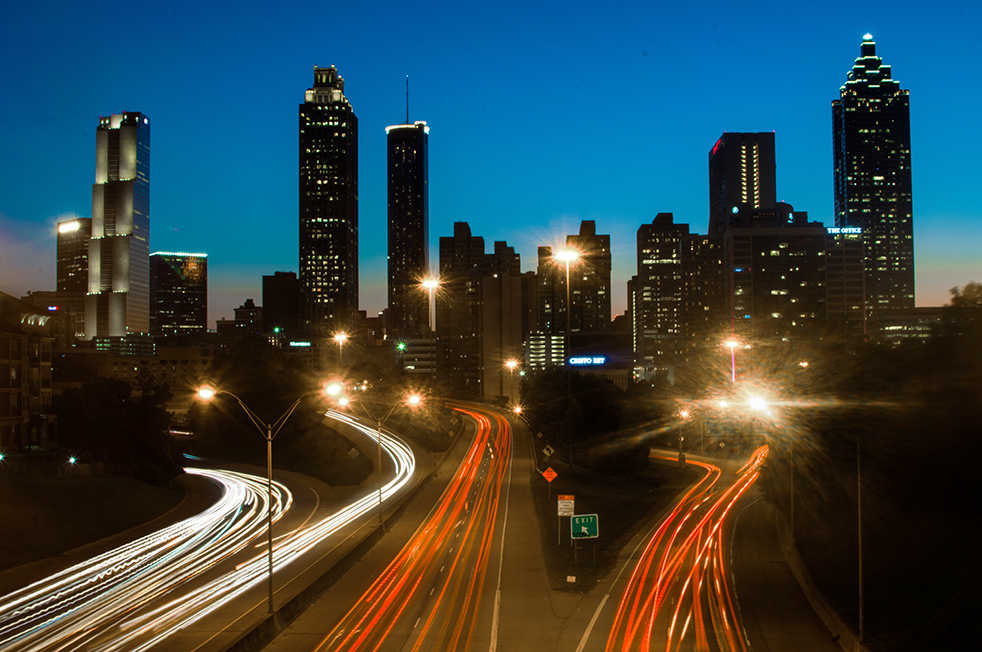In order to further investigate the possibilities of smart cities, Tech has expanded its partnership with the City of Atlanta. The collaboration has existed since 2015.
Atlanta is attempting to use technologies to implement smart city tools in order to decrease
issues with traffic congestion and improve public safety. This
agreement was unanimously approved by the Atlanta City Council on Monday, Aug. 21.
Tech will act as the official research partner for the North Avenue Smart Corridor Project. According to a press release from the City of Atlanta, this project includes multiple “technology components” that are intended to promote safety for pedestrians and cyclists, improve the flow of buses and other vehicles and prioritize emergency vehicles when they are needed.
The project was developed and is being implemented by Renew Atlanta Infrastructure Bond
Program, which has allocated $3 million dollars to the improvements on North Avenue.
Faye DiMassimo, the general manager of the Renew Atlanta and TSPLOST programs, said that Tech’s role so far has largely been in evaluating the best course of action with which to
implement smart city tools. However, Tech will have a role throughout the whole process.
“Georgia Tech is going to be invaluable in terms of the evaluation of what we do and be able to assess that performance after the implementation,” DiMassimo said.
Data is collected through smartphones, traffic signals, traffic cameras and cars themselves. The data is then sent to Tech professors and students, who will perform analysis and conduct research on both short- and long-term smart city solutions.
Some of these solutions will ideally work in real time, according to DiMassimo.
“The data is collected and the signals adjust their timing in real time, not through traffic plans,” DiMassimo said. “That would increase traffic flow, improve mobility and also increase safety because increasing traffic flow helps decrease rear-end crashes.”
Renew Atlanta has been working extensively with Associate Professor Michael Hunter, who focuses on transportation systems engineering and smart cities, as well as the rest of Tech’s Center for Transportation Operations and Safety.
In addition to making a drive more pleasant, improvements to traffic flow and other transportation concerns have potential positive economic impacts. DiMassimo says that the benefits lie in the reduction of travel time delays that waste valuable time and the decrease in the number of accidents, which are costly in terms of lives as well as resources.
The Smart Corridor Project focuses on North Avenue because of the road’s prominence as an east-west travel route that connects Tech, the BeltLine, MARTA train and bus stops and multiple
major highways.
Soon, Atlanta hopes to test entirely autonomously driven cars in a course set up in the parking lot of Ponce City Market in order to demonstrate the potential of smart cities. Cars which are
driven largely autonomously but have a driver in the seat are already being tested along North Avenue. Full utilization of this technology as part of smart cities in the future would require an extensive network of sensors, cameras and radar.
Renew Atlanta has several initiatives in the works for the upcoming years. Operational improvements in downtown Atlanta are being tested in preparation for the 2018 College Football Playoff National Championship and eventually the 2019 Superbowl. Additionally, the program is working on traffic flow in the Buckhead area as well as potential improvements to the MARTA infrastructure.
